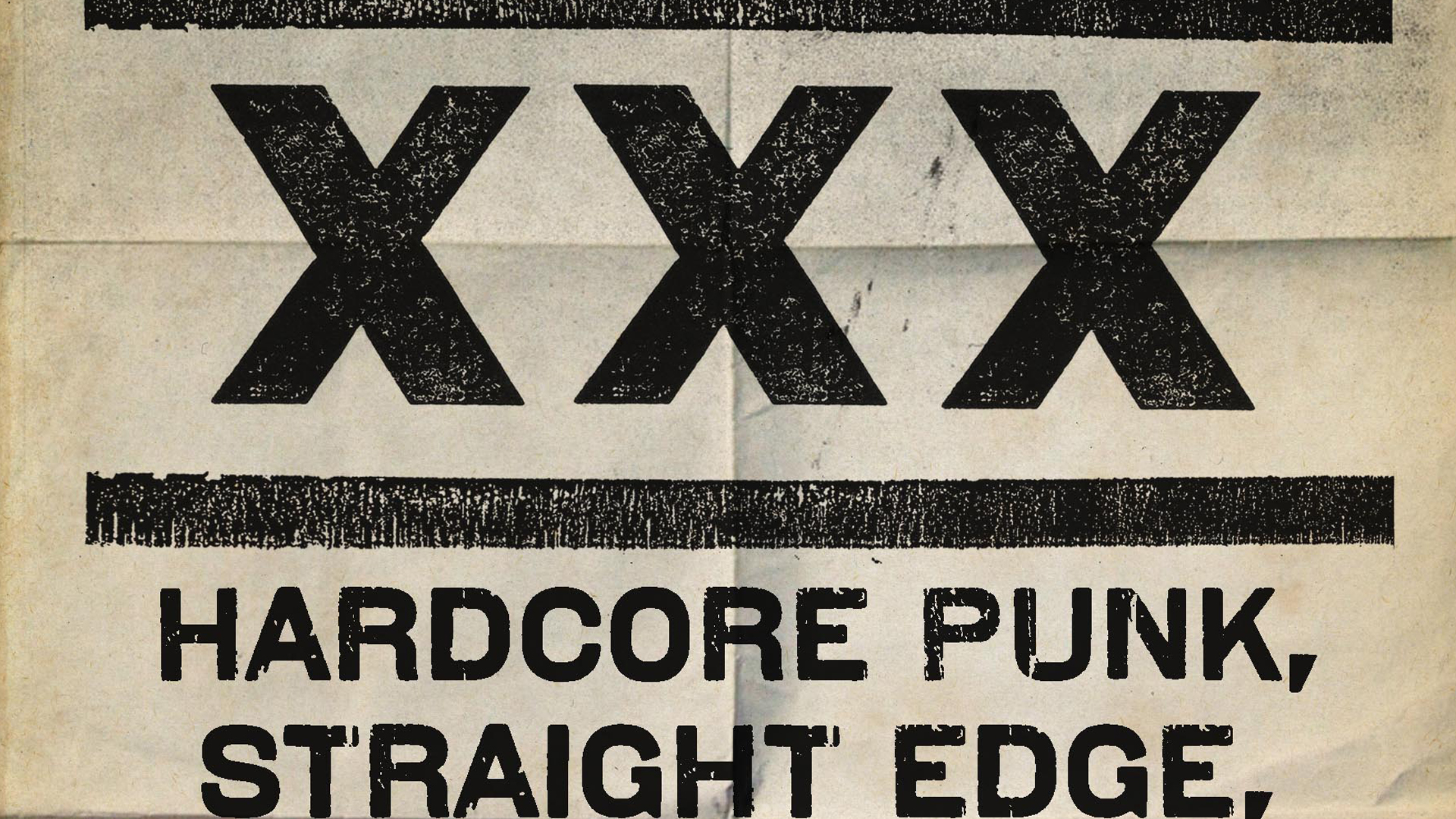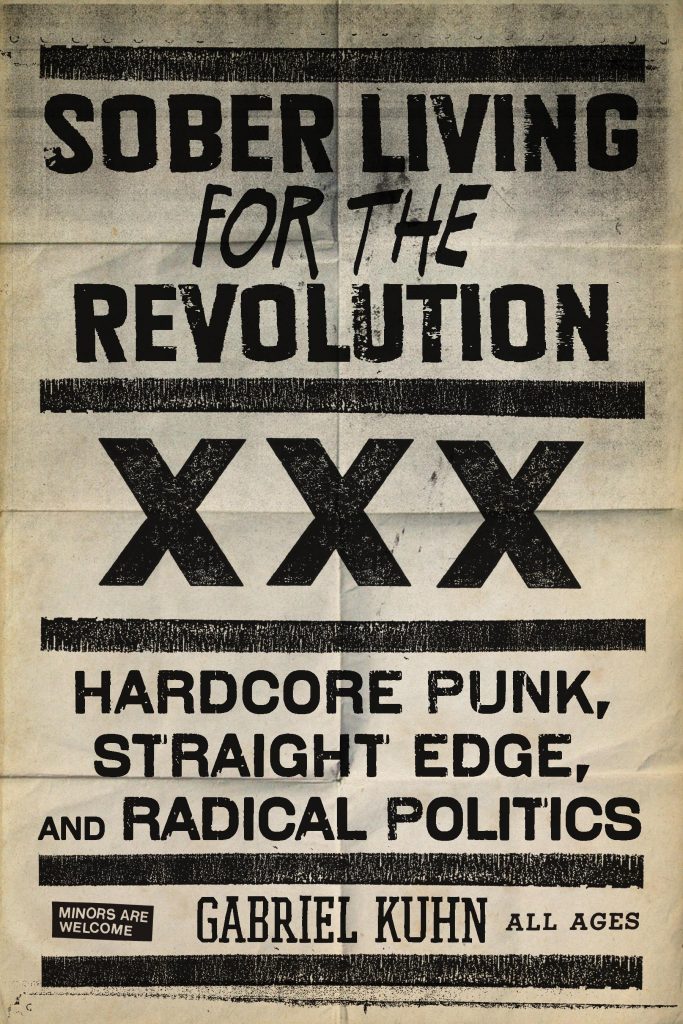John Robb
Louder Than War
May 1, 2011
Sober Living For The Revolution, Hardcore Punk, Straight Edge and Radical Politics by Gabriel Kuhn (PM Press)
It’s going to be nearly three decades since Minor Threat recorded a song that was just over thirty seconds long called “‘Straight Edge.”
Those thirty seconds were a riposte to the local in crowd of DC trad rock bores who were so ensconced in the drink and drugs lifestyle that they were confounded by the young singer of Minor Threat’s no drink and drugs world. Unwittingly, he kicked off a whole scene as thousands of kids worldwide became straight edge. Mackaye remains puzzled by his position as the guru of a youth movement and his interview in this book is one if the best I’ve read with the ever-eloquent musician—and that’s saying something—as he sets the record straight on his intentions with the song.
In the interview, Mackaye covers the nature of music and politics as well as straight edge itself in an open and inspiring way. It’s the first chapter in the book and sets the tone for a series of interviews with key players on the international punk scene from The Refused in Sweden to Man Lifting Banner in Holland and Point Of No Return in Brazil and key powers in several other countries. Each one underlines the international spread of straight edge and its combined bed fellows of hardcore and politics and how it added an intensity to the music that was uncluttered by the drink and drugs.
The interview with Dennis Lyxsen from the highly influential Refused and International Noise Conspiracy and the currently great AC4 is the best I have seen with as well as he discusses the shock value of coming out as a vegan in Sweden in the early nineties but how that has had a big effect in the growth of that scene since then. The Refused album Shape Of Punk To Come has become a key musical influence since then but it’s their politics that are of interest here and the book even reprints the manifesto from the album that is one of those fantastic word spiels that is part political statement and part Situationist skree and part call to arms.
The reoccurring theme in the book is straight edge and how it entwines with politics and how one fed of the other. It makes for a fascinating read and a valuable insight into the idealism that still exists at the heart of rock music.
The book is pretty thick as well and is a perfect size for throwing at anyone who tells you that there is no political or idealistic thought left in rock.







